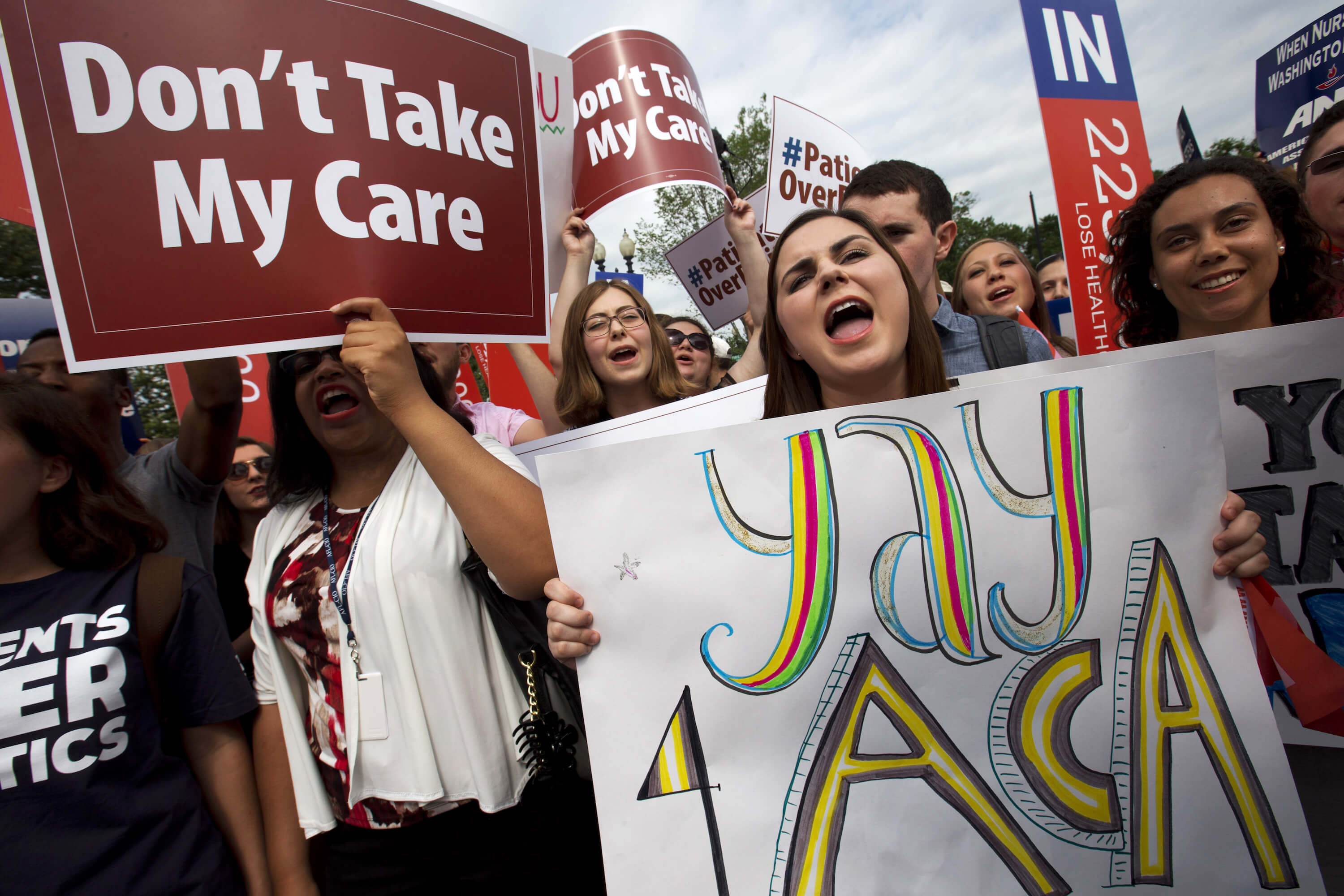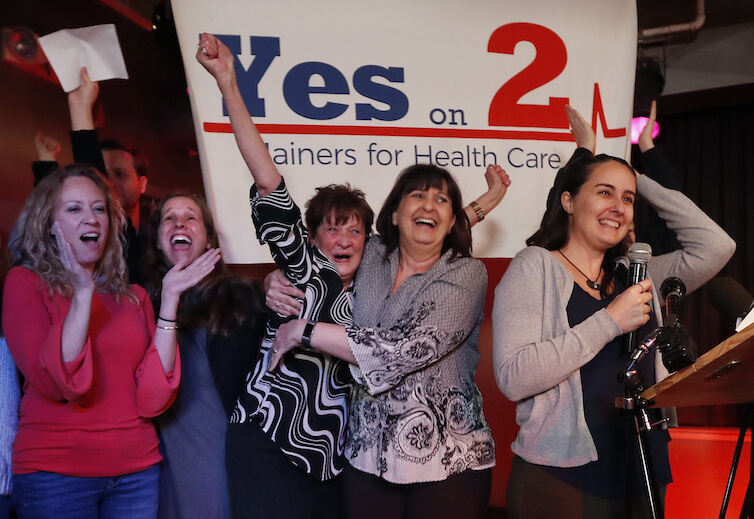Brad DeLong: Worthy reads on equitable growth, October 19–25, 2019
Worthy reads from Equitable Growth:
- Read Liz Hipple, “Public Policy Implications of the Millennial Wealth Gap,” in which she writes: “Wealth may shape the behavioral choices of the next generation, thereby shaping opportunity by providing some with a soft cushion for a slip down the economic ladder and others with no cushion at all … The ability to live with one’s parents allows young people to search longer for jobs that have better prospects for future earnings growth, increasing their chances of upward mobility and of successfully beginning to build wealth of their own. Another roadblock to millennials’ ability to fully deploy their human potential is the structural changes in the labor market over the past 30 years, which have depressed wages and thereby delayed wealth building. For example, young adults who replicate their parents’ educational and occupational backgrounds and end up in the same type of work and in the same relative place in the economic distribution earn less in inflation-adjusted terms than their parents did a generation ago.”
- Don’t miss the Equitable Growth event “Vision 2020: Evidence for a Stronger Economy,” on November 1, 2019 in Washington: “Vision 2020 will bring together leading voices from the policymaking, academic, and advocacy communities to highlight the most pressing economic issues facing Americans today. This daylong conference will explore recent transformative shifts in economic thinking that demonstrate how inequality obstructs, subverts, and distorts broadly shared economic growth and what we can do to fix it.”
- Re-read Heather Boushey’s “In Conversation with Leemore Dafny,” in which Dafny discussed: “How can it possibly be a bad thing for consumers if insurers use some of their bargaining power to bring down the prices of the inputs into the health insurance product? The answer to that question is that it depends on how they are bringing down those prices … From an antitrust enforcement perspective, savings passed through would be considered a benefit to consumers … a change in the division of existing surplus. But now, suppose something different—suppose that the only way the insurers get lower prices is not by taking away the margin, holding quantity constant, but by exercising their market power vis-à-vis these healthcare providers such as purchasing less, as well as paying less … Lower prices in this setting can have an impact on the quantity and/or the quality of services, and that’s called monopsony, and it’s the flipside of monopoly. And just as monopoly benefits the seller of a good, monopsony benefits the buyer, in this case, the insurer, but at the expense not only of the healthcare providers but also of consumers in general.”
Worthy reads not from Equitable Growth:
- Read Jed Kolko and Ann Elizabeth Konkel, “Job Search Behavior Changes as US Work Visa Requirements Tighten,” in which they write: “Searches for jobs in the United States that contained visa-related terms like ‘H1B visa’ or ‘work visa’ skyrocketed 673 percent from September 2017 to September 2018. The number of visa-related searches from abroad peaked in November 2018. Job seekers in India accounted for 22 percent of visa-related searches from outside the United States in 2018. The surge in visa-related searches probably reflects 2018 policy changes, which made acquiring a U.S. work visa more complex.”
- Yes, the Medicaid expansion part of the Affordable Care Act had a very high benefit-cost ratio. And those states that have blocked it have seen their poor suffer and die in not insignificant numbers for no comprehensible reason. Read Sarah Miller, Sean Altekruse, Norman Johnson, and Laura R. Wherry, “Medicaid and Mortality: New Evidence from Linked Survey and Administrative Data,” in which they examine: “Changes in mortality for near-elderly adults in states with and without Affordable Care Act Medicaid expansions [to] identify adults most likely to benefit using survey information on socioeconomic and citizenship status, and public program participation. We find a 0.13 percentage point decline in annual mortality, a 9.3 percent reduction over the sample mean, associated with Medicaid expansion for this population. The effect is driven by a reduction in disease-related deaths and grows over time. We find no evidence of differential pretreatment trends in outcomes and no effects among placebo groups.”
- The market can work well when it is competitive, but I am still waiting to hear the argument made coherently that it works well when it is characterized by monopolies, monopoly platforms, or cozy oligopolies. And I think I will wait a long time. Here, there is news that not only do I not understand what Facebook is trying to do with Libra, but others supposedly on the inside also do not understand it. Read Richard Partington, “How the Wheels Came Off Facebook’s Libra Project,” in which he writes: “Support for Mark Zuckerberg’s mission to reshape global finance is slipping away slowly but surely. When Facebook announced plans to launch a digital currency earlier this summer, it added a full-blown revolution in global finance to its typically vaulting Silicon Valley mission statement: to create a digital currency alongside its efforts to bring the world closer together through networks. Over the past month, that mission has gone badly awry. The Libra cryptocurrency project now faces existential threats from world leaders and central bankers worried about its harmful potential as a vehicle for money laundering, a threat to global financial stability, open to data privacy abuse, dangerous for consumers, and stripping nations of the control of their economies by privatizing the money supply. Seven high-profile partners in the Facebook-led consortium that is building the digital currency—known as the Libra Association—have quit in dramatic fashion in recent weeks, including PayPal, eBay, Visa, and Mastercard, as concerns mount.”






